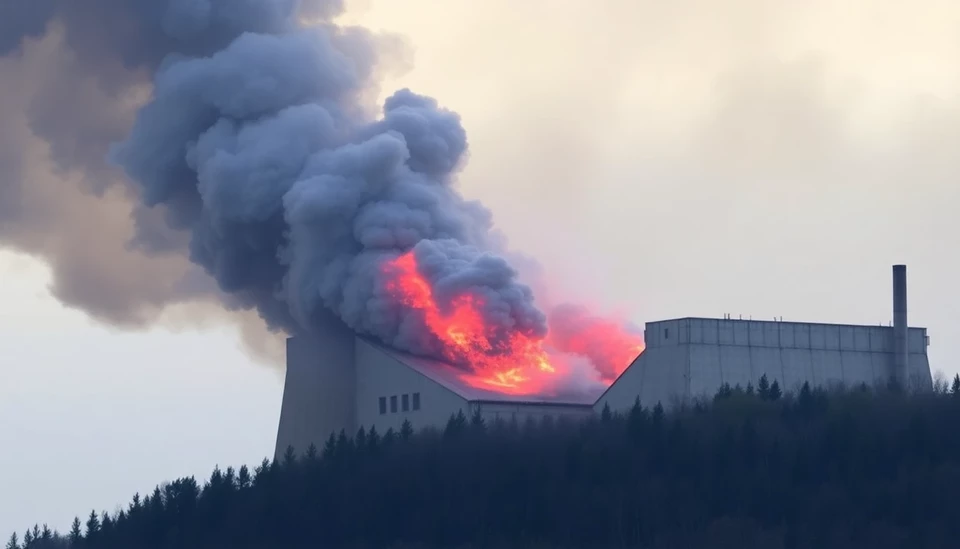
As the world increasingly grapples with the implications of climate change, the year 2025 is set to be pivotal for climate technology investments. Investors are focusing on innovative solutions that not only address environmental challenges but also promise substantial financial returns. In this article, we will delve into the most significant climate tech investing trends that are expected to shape the market in the near future.
One major trend gaining momentum is the surge in renewable energy investments. With the ongoing push for cleaner energy sources, investors are pouring capital into solar, wind, and other renewables. This shift is propelled by technological advancements that have made green energy cheaper and more efficient. Companies in this sector are innovating at a rapid pace, and stakeholders are eager to capitalize on their growth potential.
Another critical area of focus is carbon capture and storage technologies. As governments and organizations commit to net-zero emissions targets, capturing carbon from the atmosphere has become an essential strategy. Investment in startups specializing in carbon capture is on the rise, as these technologies promise to play a crucial role in mitigating climate change impacts while offering lucrative opportunities for investors.
Electric mobility is also at the forefront of climate tech investments. The transition from traditional fossil-fuel vehicles to electric alternatives is accelerating, as consumers and businesses alike seek sustainable transportation solutions. Innovations in battery technology, charging infrastructure, and vehicle efficiency are attracting substantial investment, projected to grow as regulations favoring electric vehicles gain traction.
In addition to these trends, sustainable agriculture is emerging as a critical investment area. As the world's population continues to grow, the demand for food production increases, leading to a pressing need for sustainable farming practices. Companies that develop technologies enhancing crop yields while minimizing environmental impact are capturing the attention of investors aiming for positive social and environmental outcomes.
Moreover, the circular economy is becoming an integral part of climate tech investments. Companies focusing on recycling, waste reduction, and resource efficiency are gaining traction as consumers and businesses seek to minimize their ecological footprints. Investors recognize the financial viability of these solutions, as they contribute not only to environmental sustainability but also to job creation and economic growth.
Additionally, digital platforms that facilitate transparency and traceability in supply chains are entering the spotlight. With increasing scrutiny on corporate sustainability practices, investors are keen on funding technologies that enhance accountability. Such platforms empower companies to showcase their commitment to sustainable practices, thus appealing to eco-conscious consumers and investors alike.
The potential for public-private partnerships is another exciting trend in climate tech investment. As governments look for innovative solutions to meet climate goals, collaboration with the private sector is becoming essential. Such partnerships can drive funding and innovation, creating a fertile ground for breakthroughs in climate technology and sustainable practices.
As we move further into 2025, staying attuned to these investment trends is crucial for stakeholders in the climate tech space. With heightened awareness of climate issues and the potential for substantial returns, the landscape for investment in climate technologies is ripe for growth. Embracing these innovations will not only advance sustainability but also foster financial success in the evolving market.
<>#> #ClimateTech #InvestingTrends #RenewableEnergy #CarbonCapture #ElectricMobility #SustainableAgriculture #CircularEconomy #SupplyChainTransparency #<
Author: Megan Clarke




